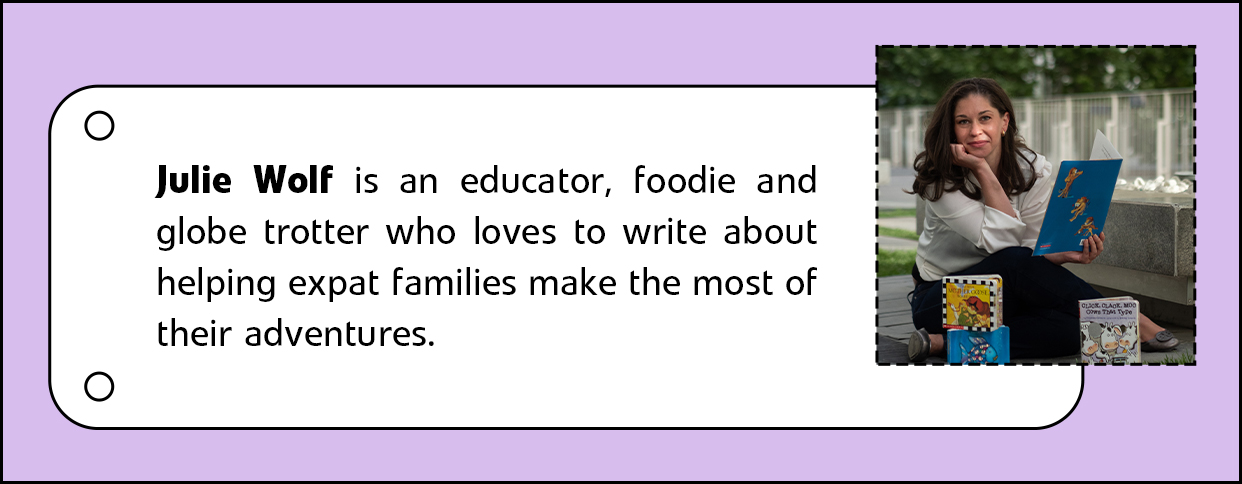I am no stranger to the pressure society puts on people to be the right kind of beautiful. Prior to becoming a full-time educator, I was a professional actress and singer for 14 years. From the time I was 16 until just before my 30th birthday I spent several hours a day sitting in a room filled with the most beautiful women you will ever meet in real life and competing with them for jobs. On the way out of the audition room I would walk past six-story billboards in Times Square plastered with glowing beauties and tag lines telling me to “embrace my power” by getting my teeth whitened, my waistline shrunk, and my chest enlarged. I thought New York was rough on a lady’s self-esteem but I have to admit Beijing is a whole other level of pressure.
Not only are the advertisements ubiquitous, but they are populated with impossibly young, thin, pore-less models who are selling products I didn’t know existed for problems I didn’t know I had! Luckily the plethora of affordable spas here are happy to help you exfoliate, lift, inject and bleach your way to the perfect camera-ready face and body.
I’m not just getting it from soulless corporations attempting to sell me things either. Everyone from work colleagues to total strangers on the street are happy to weigh in on my appearance (pun intended!). My two favorite unsolicited comments so far? “You are so strong…Like a man!” and “How did such a small head get on such a big body?”
These comments aren’t meant to be malicious. Everyone speaks that way not just about others, but themselves. I can’t count the number of times I have heard lovely young women at work state they are drinking only juice because they are “getting big”. Culturally it’s appropriate, even expected to comment on how people look. But that doesn’t mean those words don’t have an effect.
We have all heard the frightening statistics on the news. Eating disorders, body dysmorphia, and general poor self-esteem seem to infect everyone. It’s not bound by gender, race, culture, age, or sexuality. But the thing I find most frightening is how young this kind of dangerous thinking appears in our children. According to ANAD.org 81% of 10-year olds, report that they are afraid of being fat. The good news is there are some things we can do as parents and educators to negate the messages our kids are exposed to and give them a healthier more positive vision of themselves and others.
Comment less on esthetics and more on capacity. Focus on what your child’s body can do when it is healthy and strong. How it climbs, swims, runs, reads solves puzzles, gives hugs, and turns ideas into art! Teaching your child that their body is a wonderful tool to experience the world and a vehicle to carry their heart and mind out into it is powerful. Everyone wants to hear and that they are attractive but linking your child’s ideas of beauty to the experiences their body can give them has an effect on their long-term health and happiness. It can re-frame how they see themselves.
Speak well of others: Make it a point to comment positively on “non-traditional” beauty. When children hear you speak positively of the things that are different about someone else it encourages them to embrace the things that make them special as well. Point out how pretty you think those freckles are or how cool that grandma is for rocking purple hair.
Encourage self-styling. A tutu with combat boots to school? Sure! Polka dots and fake snakeskin ball cap out to dinner? Cool! Orange fingernail paint and tie-dye jeans for movie night? We love it! Wearing something that makes them feel amazing, especially if it is unconventional, empowers them to reject stereotypes that could eventually pressure them into hurting themselves to fit a mold. So, whether they want to rock a classic cardigan or a bedazzled cowboy hat, let them know you support their groovy, or funky, or classic style.
Treat yourself well. Your child thinks you are stunning. They could not imagine a more perfect, beautiful example of humanity. If you are always complaining about your crow’s feet, calling yourself ugly, or insisting you need to diet that sends a powerful message.
That doesn’t mean you shouldn’t go to the salon or the gym if you enjoy those things. I love a great facial and kickboxing class. They make me feel powerful and healthy. But make sure your child knows that you do those things for yourself, not because you are trying to conform to some impossible stereotype.
Obviously, some issues run too deep. Unfortunately, many of our children will need help to battle their own self-esteem demons heading into their teen years, young adulthood, and beyond. But you never know what little thing ends up making a big difference. One kind comment or healthy example could tip the scales towards self-love. Linking that hike up the great wall to the healthy breakfast that fueled it or having the courage to go out without any make-up except the bright fuchsia lipstick that makes you feel fierce might leave a lasting imprint that helps them ignore the Times Square billboard 15 years from now.
KEEP READING: Do Your Part to Help Keystone Students Raise Awareness on Eating Disorders

Images: Pexels




